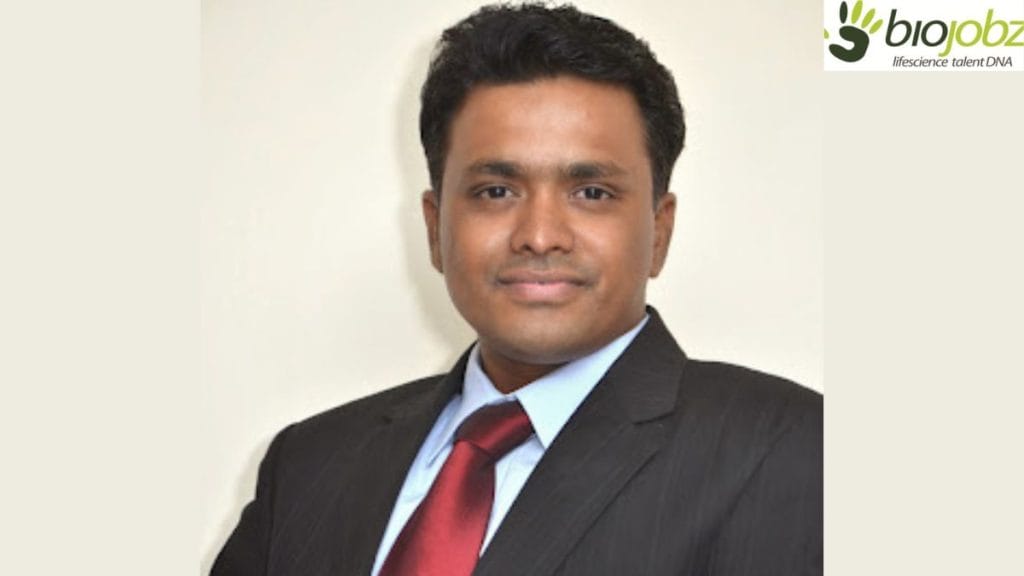“Where there is talent, there is a way” is the new mantra which the Indian Biopharma Industry is waking up to. It does not necessarily mean that the industry was not aware of it or recognised the benefits of retaining talent, but what has happened post Covid is the Talent War has become extremely competitive. The old toolbox now must be discarded, and a new set of tools needs to be employed. Rising attrition, increased sensitivity to compensation, the company’s strategic goals and modern demands of work-life balance are bringing in a new set of expectations from the talent market, and they are non-negotiable. The Indian Pharma industry itself is going through a strong flux of change due to a shift in mindset towards R&D-driven growth strategy, global expansion, global supply chain reorientation due to geopolitics and the emergence of the next generation of workforce. Acquiring and retaining talent to navigate these troubled waters would need a lot of reimagination of internal and external game plans. A few critical of those are as follows.
Employer Branding
Talent has two critical inherent properties. It wants to be associated with the best and always looks for huge upside for performance. The first one was hardly looked into by the Indian Bio-Pharma sector. The big boys here were IT, Bank, FMCG and recently, Startup companies which dominated the public space. It must change now. The Bio-Pharma industry has to start a prolonged, augmented, and creative campaign for Employer Branding. It has to strike right at the bud and over the career spectrum of a talented resource. Striking at the bud means Employer branding should engage and be visible with talent at higher secondary school, engineering, medical, graduation and post-graduation campuses where the talented students are about to make their career choices. From there onwards, extensive campaigns across all mediums with a double focus on social media should be planned. Increased visibility of core leadership across platforms, communication of the company’s achievement and values, online continuous engagement with all stakeholders and grandstanding with a larger contribution to societies are some of the significant tactics.
Strong Company Culture and Deep Alignment
Culture is like a tree which is as much rooted in the soil as it is, which adapts to its external environment. Basically, Indian Bio-Pharma now needs to adapt its culture, as the external environment which is both business and workforce has changed significantly. Bio-Pharma has now entered where the IT industry was a few decades back, which is the realm of knowledge workers, as repetitive, routine and regular work will get automated sooner or later. Add to that mix is the emergence of diversity, teamwork, innovation, work-life balance and sensitivity to larger societal values. Organisations need to strongly inculcate these modern elements into their cultural realignment and drive long interventions to make it deep and wide within the org design. New talent will extremely value these elements as preference while applying and staying while they are inside the organisation.
Competitive compensation and incentive policies
Talent is not cheap, and it generally goes to the highest bidder. It has already lost half of the talent war if one is not in the top 5 paymasters. Paying high for talent must not come by taking a full hit on the bottom line. It should also clearly come from strong workforce management, cutting unnecessary expenses, automation and much better revenue tradeoffs. But that effort must be put in to squeeze in extra money to shell out for talent. Communicating to the external world that compensation will not be a roadblock for talent itself doubles the resumes which you will get for all positions. Internally meritocracy should be the biggest factor in rewarding talent through appraisal, bonuses and incentives and stock options wherever applicable.
Tech-enabled work-life enrichment
The most progressive industries are moving from work-life balance to the now work-life enrichment paradigm. It means employers are not only conscious that you need time off for your personal life but also contribute towards improving it. The usage of tech is the greatest enabler in building effective and productive work-from-home solutions and removing redundancies and unnecessary efforts in the working environment with the help of collaboration tools and automation. Companies should extend in increasing the quality of work and personal life by engagement around health, fitness, travel, education/upskilling and providing additional support services to female, physically disabled employees and employees with old parents having no support.
Agile and Sensitive Leadership
The middle rung and top leadership primarily own the ultimate responsibility of retaining talent at all levels. Not only do they have to work on the right and future-oriented hard factors like strategy, investments, external relationships, financial discipline and alignment, but also double up their efforts towards the softer side of the organisation. The softer side of the organisation, which is centred around building a thriving culture, should be at frontal display in all key leadership actions. Old and new leaders should understand a new generation of workforce has come; they need to be sensitive and adaptive to their needs and expectations. Clear and extensive communication across the matrix of organisation hierarchy, assertive yet sensitive, and the ability to pick up talent and put him/her on an accelerated growth should be the KRAs of leaders across the discipline.
Talent war has now transformed from a discrete intervention to a continuous engagement. Companies will innovate and compete to attract and retain talent; the ones who are investing in it on a long-term basis and ready for an exhaustive strategy will come out as the ultimate winners.





